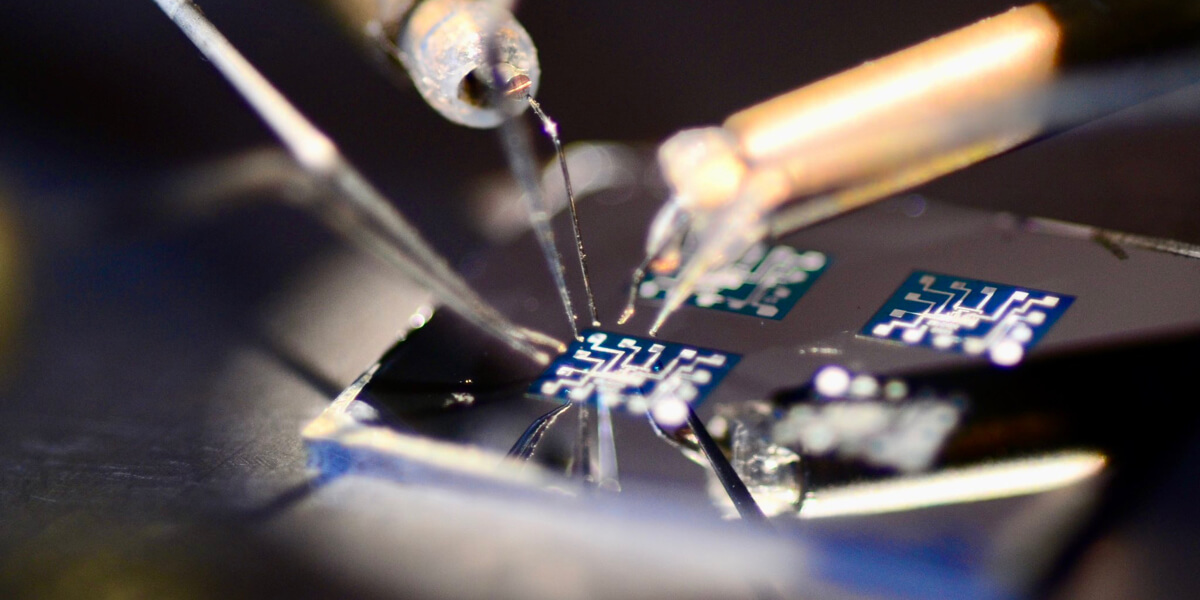

Two weeks ago I started to talk about the addition of a new section to the website. It is becoming real, and I’m happy to let you know that it will happen next week. There will be included for our inspiration the inside of the personal lab of an electronic engineer.
Thank you to Sam Zeloof for the header’s picture .
Happy reading!
Articles
Why Won’t the 8-bit Microcontroller Die?
Did you know the 8-bit market share is growing almost as quickly than the global microcontroller market?
NASA Programmer Remembers Debugging Lisp in Deep Space
I personally love when experimented engineer, like Ron Garret in this article, share their experience in historic
projects or on particularly complicated bugs. Something interesting from this article is to see Ron Garret
convinced that Lisp should be used more widely at NASA’s Jet Propulsion Laboratory.
Software Foundations
An online series of books presenting itself as a broad introduction to the mathematical underpinnings
of reliable software. More than 1 year of learning spread into 6 volumes available for free: A gem.
Easy 6502
If you’re a beginner, and you search a good first step to discover asm, this is probably a good one for you.
With this ebook, you’ll start with the 6502 minimalistic asm version and understand everything quickly
thanks to the in-browser simulation.
7 Step Learning Path for Embedded IoT Beyond Arduino
You started your journey with the Arduino and now, you want to level up your game but you’re not sure how?
Omar shares many many good references in this article, so you can move forward confidently.
High-Throughput, Formal-Methods-Assisted Fuzzing for LLVM
Yuyou Fan and John Regehr describe in this article how they combined fuzzing with a formal verification tool
to discover dozens of new bugs in LLVM. I find it enlightening to read how they proceed.
Machine learning benchmarks for embedded systems
MLCommons association is working on these machine learning benchmarks. Among others things they write
benchmark submission policies to help the community compare properly their solutions.
Build your own FPGA
Like me you probably already saw/made projects that build CPU from discrete logic. In this article the author
builds a FPGA from discrete logic. It’s really interesting to discover/rediscover how is made a FPGA. On top
of that, the author codes small programs to run on his creation.
Jobs
Peco InspX, Embedded Engineer, Full-time, Burlingame, CA (Partially remote)
Peco InspX is a rapidly growing company in the food and beverage inspection industry. The company builds
class-leading X-Ray and Machine Vision inspection equipment that is used during the food packaging process…
Tools / Libraries
Metron C++ to Verilog Translator Tutorial
It is a tool for converting a very limited subset of C++ into a very limited subset of Verilog.
Metron application are just a list of C++ class header glued together by the main function.
Education / Community
Vulnerabilities 1001: C-Family Software Implementation Vulnerabilities
A free course that details via real vulnerabilities examples how the main vulnerabilities type happen.
If you want to be rock solid and never introduce a vulnerability in your code, you should check this course out.
Misc
From CISC to RISC to ZISC
The ZISC (Zero Instruction Set Computer) from 1998. Was it a visionary design of the machine learning / FPGA
revolution happening nowadays?
The Practical Wireless “Tele-Tennis” build
This series of article in 5 parts published in 1974 describes how to build a pure electronic version of the
famous Pong game.
